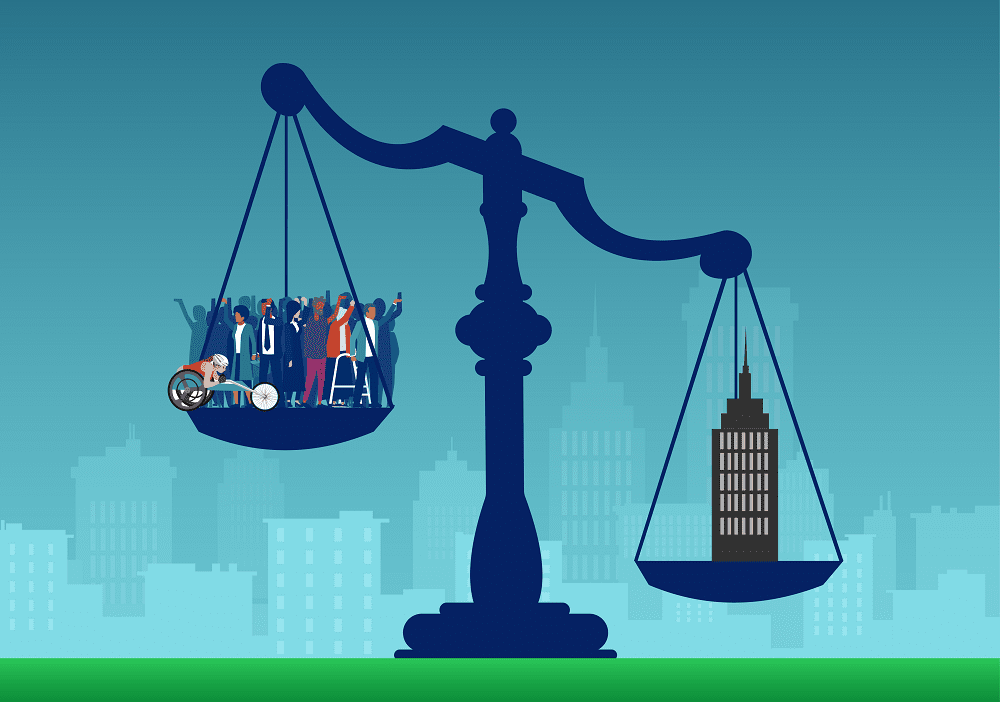From the people you meet at work to the supportive groups you engage with online, the communities you belong to play a significant role in shaping your identity, values, and decisions. Whether you realize it or not, your surroundings influence your goals, habits, and even how you perceive the world. But how exactly does community impact you, and why is this influence so significant?
This blog explores how communities shape us, from our personal development to professional growth, and offers insights on how to choose and build the right connections for a positive impact.
What Is Community and Why Does It Matter?
A community is more than just a group of people sharing a common space. It’s an ecosystem of mutually influential relationships built around shared interests, common goals, or even a sense of belonging. Communities can be as small as a tight-knit group of friends or as expansive as a global network of individuals united by a cause.
Communities matter because they fulfill one of our most primal needs as humans—to connect. Studies have consistently shown that social bonds contribute to emotional well-being, mental health, and even physical health. But beyond personal satisfaction, communities also have the power to guide behavior, set trends, and drive major decisions.
Here’s a breakdown of how community can shape various areas of your life:
The Influence of Community on Personal Identity
Developing Values and Beliefs
From a young age, communities start shaping our core values and belief systems. For example:
- Family: Your family is often your first community, teaching you what’s good, bad, right, and wrong. These foundational lessons likely guide your choices later in life.
- Cultural Groups: Communities tied to culture and religion introduce traditions and philosophies that influence how you see the world.
Communities offer the framework within which you interpret your environment. If you grow up in an environment that encourages philanthropy, for instance, you’re more likely to value giving back in adulthood.
Boosting Motivation and Accountability
Communities aren’t just about shared values; they also play a huge role in encouraging behavior. A supportive peer group, for instance, could motivate you to complete more challenging goals, whether it’s training for a marathon or pursuing a new business idea. Being surrounded by others working on similar goals creates a sense of accountability.
Example:
- A study published in the journal Nature Communications found that individuals are more likely to exercise when their social network values fitness as well. Shared accountability drives success better than individual motivation alone.
The Importance of Belonging
Psychologists often refer to the concept of belonging as a critical human need. The feeling of being “seen,” accepted, and valued by your community reinforces self-esteem and builds resilience during tough times.
According to a report from the Journal of Happiness Studies, individuals with stable friendships and a strong sense of community are more likely to report high levels of life satisfaction.
Professional Growth Through Community Influence
Networking and Opportunity
Have you ever heard the phrase, “It’s not what you know, but who you know”? This stems from the concept that communities, particularly professional ones, open doors to opportunities. For instance:
- Mentorship: Joining industry groups gives you access to mentors who can guide you in your career.
- Job Referrals: Many jobs are filled through community referrals, underscoring the importance of being part of professional networks.
Communities provide a synergistic effect where members help one another thrive. This is particularly true in spaces like LinkedIn groups or co-working environments.
Learning and Skill Development
Communities foster collective growth by encouraging shared learning. Within professional networks, you can tap into the experiences of your peers. Whether it’s staying updated on industry trends or honing soft skills, communities provide a supportive environment for continuous learning.
For example:
- Think about professionals who join Toastmasters to enhance their public speaking skills. Beyond formal training, interacting with fellow members builds confidence and identifies areas for improvement.
Social Responsibility and Leadership
Strong communities tend to inspire individuals to step into leadership roles and elevate others. Social influence encourages members to partake in volunteering, advocacy, or stewardship.
Setting Positive Examples
Look at local leaders, teachers, or charity organizers in your community. Their actions often inspire others to contribute or take agency in their own ways. Positive role models within a community can encourage more empathy, generosity, and kindness.
Driving Change
When communities come together, they don’t just impact individuals; they influence society. History is filled with grassroots movements and communities mobilizing to create systemic change. From environmental activism to equal rights movements, collective efforts demonstrate the profound power of strong community ties.
How to Be Intentional About the Communities You Engage With
Choosing the right community is one of the most impactful decisions you’ll make. Here are some tips on how to ensure your communities are building you up rather than holding you back:
1. Define Your Goals
Ask yourself:
- Am I looking for professional growth?
- Do I want emotional support?
- Do I need accountability partners for personal goals?
Different goals require different types of networks, and understanding what you need will help you engage more effectively.
2. Engage Authentically
Building meaningful connections requires an equal amount of effort from both parties. Contribute to your community as much as you benefit from it. For instance, if you’re part of an online sustainability group, participate by sharing resources or tips.
3. Seek Diversity
Don’t just stick to one type of community. Engaging with diverse groups broadens your perspective, introduces new ideas, and fosters innovation.
4. Be Willing to Exit Toxic Communities
Not all influences are positive. Be cautious of toxic environments that breed negativity, complacency, or unhealthy competition. Move away from communities that stifle your growth instead of empowering it.
Building a Community Centered Around Positive Impact
If you’ve been considering starting your own community, remember that the most successful ones often emerge out of shared passion. Begin by identifying like-minded individuals, set a collective vision, and remain purpose-driven.
Some practical ways to start:
- Host local meetups with niche interests (e.g., remote workers in your city).
- Launch a digital forum, using platforms like Facebook Groups or Discord.
- Partner with organizations already doing impactful work.
Your Community Is Your Catalyst
The communities surrounding you serve as the catalysts for growth and transformation. Whether they challenge your beliefs, expand your horizons, or support you during defining moments, their influence is immense. By being intentional in engaging with positive and value-aligned groups, you harness the power to evolve both personally and professionally.
Take the time to nurture the connections that matter. Join communities that resonate with your values and watch how the collective wisdom and support sharpen, inspire, and elevate every aspect of your life.





